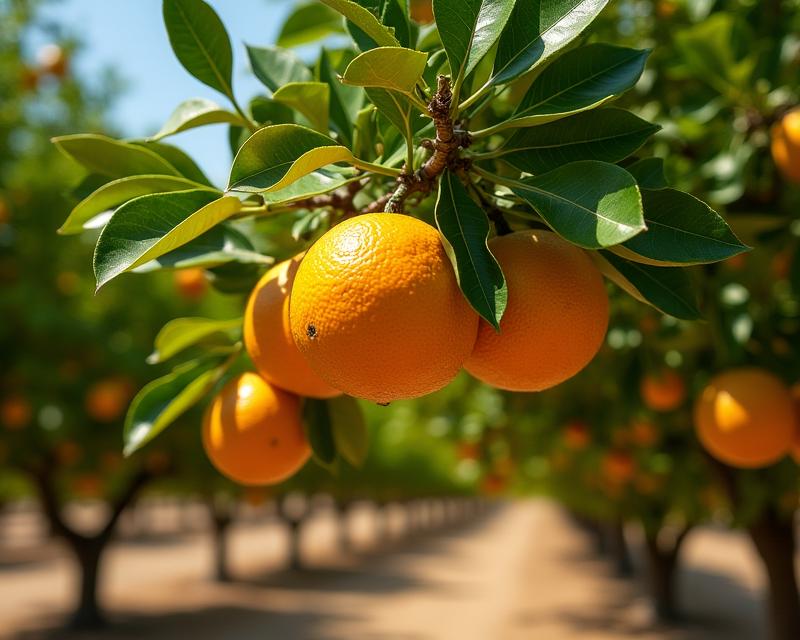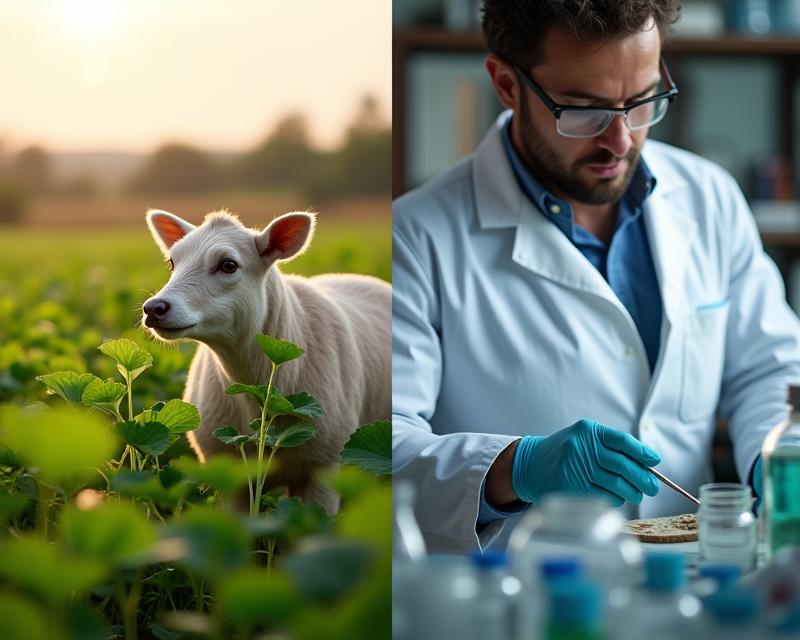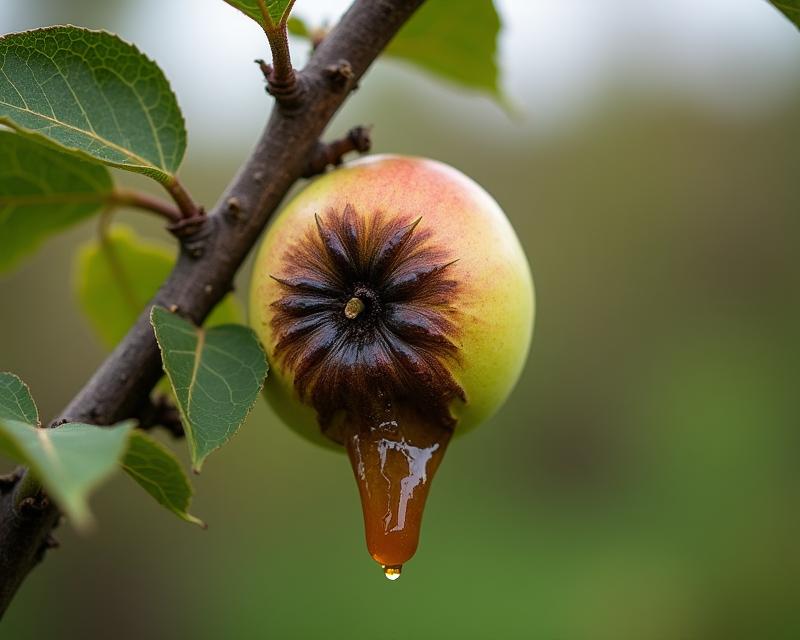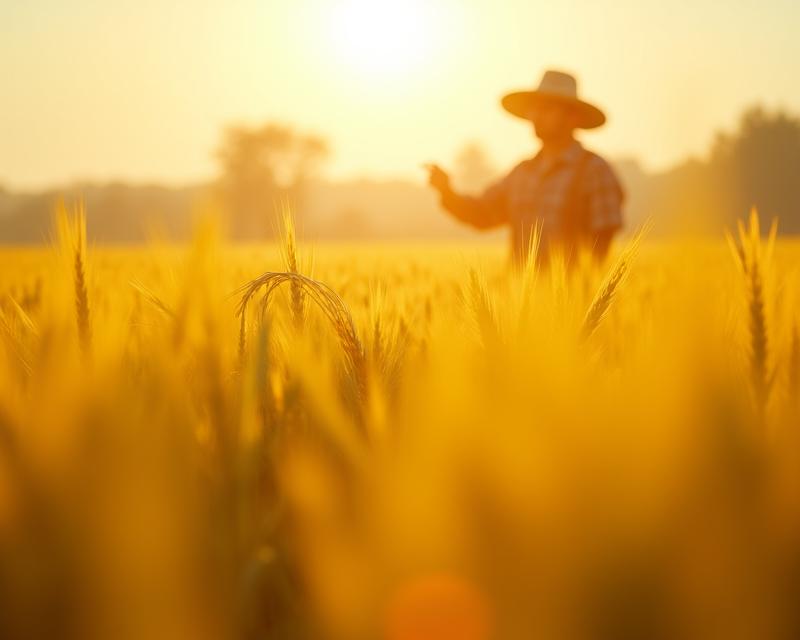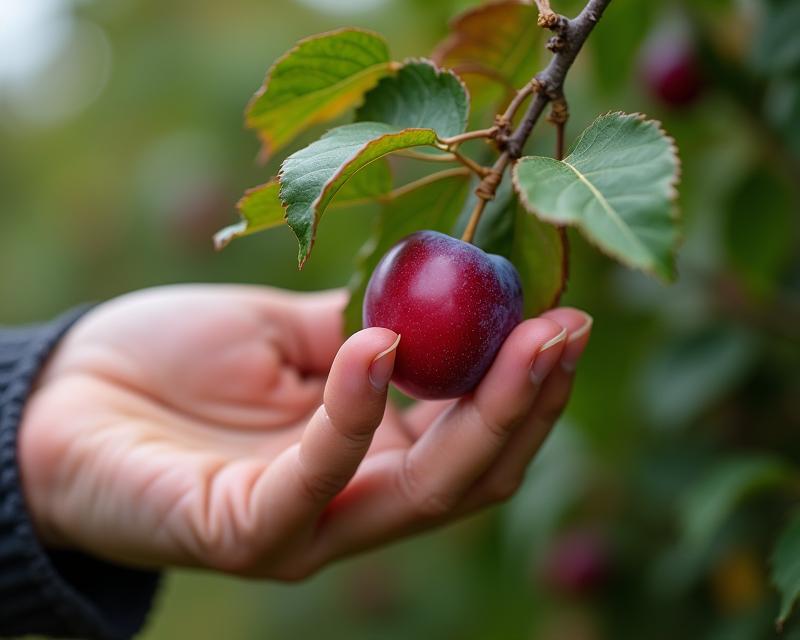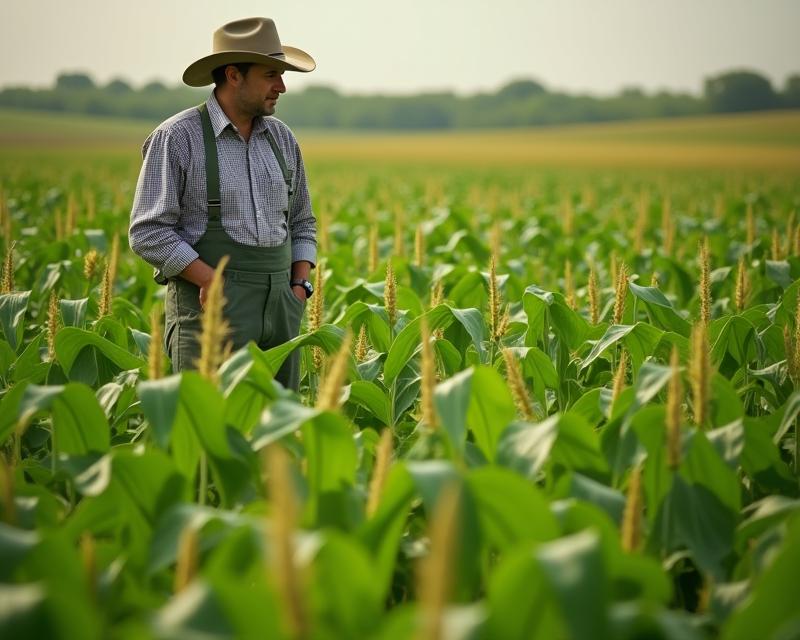Barley: A Grain That Shaped History
Publish in Crops el 03/07/2025 17:17
Barley: A Grain That Shaped History
Hey everyone! Ever stop to think about the grains that truly built civilizations? While wheat often gets the spotlight, barley deserves a huge shout-out. This humble grain played a surprisingly pivotal role in ancient societies, far beyond just being a food source. Understanding barley’s history can offer valuable insights into the evolution of agriculture and even inspire new approaches to crop diversification today.
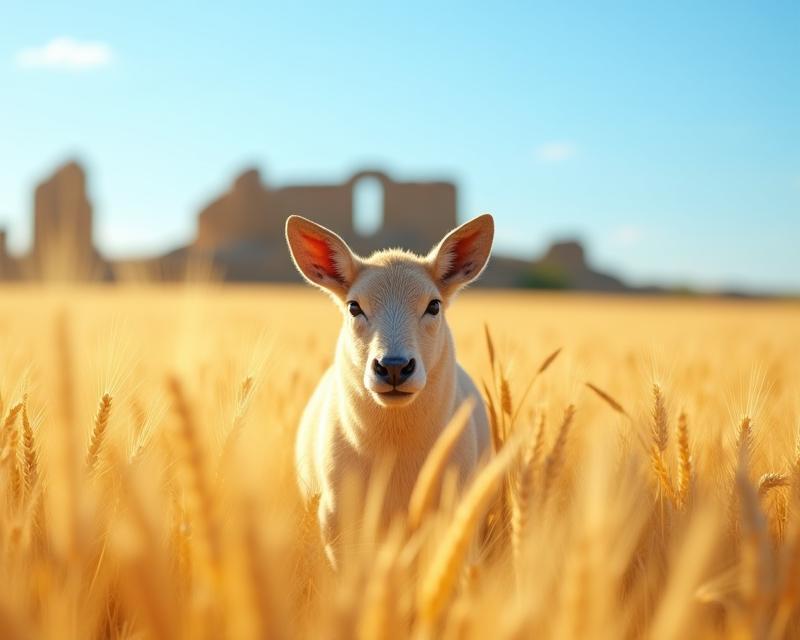
From Sustenance to Staple
For thousands of years, barley has been a cornerstone of diets across the globe. It was one of the first grains cultivated, dating back to the Neolithic period. Early farmers quickly realized its versatility. It wasn't just a source of calories; it was a readily available and adaptable crop, thriving in a wider range of climates than wheat. Think about it – barley could be grown in areas where wheat struggled, providing a crucial food security buffer for developing communities. It was a reliable partner in building stable societies.
The Brewing Revolution
But barley’s impact didn’t stop at the dinner table. Its most significant contribution might just be its role in brewing! The discovery of beer brewing is often linked to barley, and it revolutionized ancient cultures. Beer wasn't just a beverage; it was a vital part of religious ceremonies, social gatherings, and even a form of payment for laborers. The brewing process itself helped preserve grains, making them a more sustainable food source. And the development of brewing techniques spurred innovation in agriculture – farmers learned to cultivate barley specifically for its brewing potential, leading to selective breeding and improved yields. It’s a beautiful example of how one agricultural application can drive further advancements.
Beyond Food and Drink
Barley’s story doesn’t end with food and beer. It’s also been used as animal feed, a source of fiber, and even in traditional medicine. Different varieties of barley have been developed over centuries, each with unique properties suited to specific purposes. Modern farmers can learn from this history by exploring the potential of different barley cultivars for diverse applications. Consider incorporating barley into your crop rotation – it can improve soil health, suppress weeds, and provide valuable forage for livestock. It's a grain with a rich past and a promising future!
A Grain for the Future
As we face challenges like climate change and the need for more sustainable farming practices, revisiting the history of crops like barley is incredibly valuable. Its adaptability and versatility offer lessons for building resilient agricultural systems. By understanding how barley shaped history, we can unlock its potential to contribute to a more sustainable and secure food future. So, next time you think about grains, remember the humble barley – a grain that truly changed the world.
